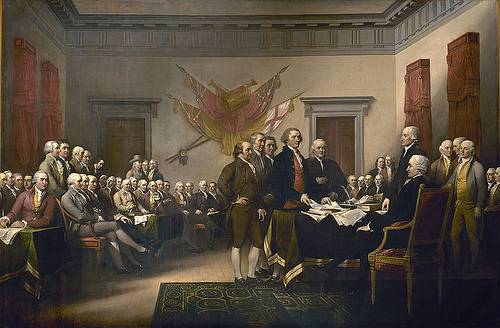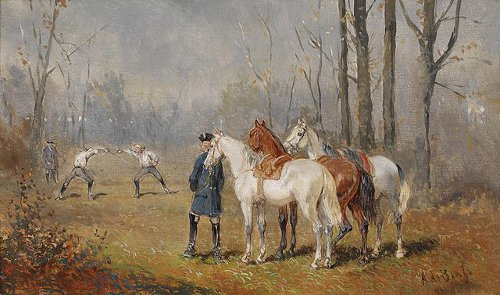From Benoni Lanctot’s Chinese and English Phrase Book (1867), phrases for English-speaking employers of Chinese-Americans:
- Can you get me a good boy?
- He wants $8.00 per month.
- He ought to be satisfied with $6.00.
- When I find him useful, I will give him more.
- I think he is very stupid.
- Do you know how to count?
- If you want to go out, you must ask me.
- Come at seven every morning.
- Go home at eight every night.
- This lamp is not clean.
- See that the money is weighed.
- If there is any thing short, I will make him pay the difference.
- Take this plate away.
- Change this napkin.
- Did you prepare any toast?
- The tea is too strong.
- Make me a pigeon pie.
- Get a bottle of beer.
- Please carve that capon.
- Tell the cook to roast it better next time.
- This wine glass is not clean.
- The cook is very strange.
- Sometimes he spoils the dishes.
- Tell the cook to fry some pancakes.
- Don’t burn them.
- He did very bad last time.
- I want to cut his wages.
- This tea is very bad.
- Get out of the way.
- Don’t speak with me.
- Who gives you permission?
- Don’t be lazy.
- You ought not to do so.
- Pick this up.
- This is nothing to you.
- He is fit for nothing.
- That belongs to me.
- Carry it up stairs.
- You ought to be contented.
Phrases for Chinese speakers:
- Good morning sir.
- When shall I begin?
- I beg your pardon.
- Lunch is on the table, sir.
- I beg you to consider again.
- It is my duty.
- Sir, what will you have for dinner to-day?
- You must excuse me.
- You must not strike me.







